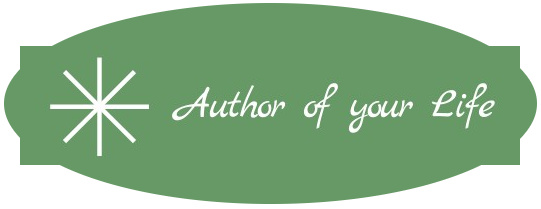A person undergoing addiction treatment juggles between a lot of things. They deal with the physical scars that the substance abuse has left behind, their mind is put through an intense period of self-reflection, and their heart is tasked with bearing the emotional repercussions of the upheavals that may have been caused in their personal and family life due to the addiction problems. And while it does take time to sort through this challenging phase, there is nothing like a sliver of hope that brightens up even the most difficult times. Journaling can make the path of addiction recovery less overwhelming and more manageable. Here are the reasons why:
- To Prevent Drowning in a Sea of Emotions
- To Take a Journey of Self-Love and -Discovery
- To Keep an Eye on the Present and Future Goals
When the addiction wears off, all the feelings that had been kept locked away until then, they would all now come rushing back. Guilt, depression, regret, or low self-esteem, whatever problem the person had been hiding from by turning to substance abuse, it will now seek the person out. There is no escape from the problem, no seeking temporary refuge in substance abuse. This may seem scary, but it is an integral part of learning how to hold your own without relying on substance for escape.
Keeping a journal, where one can pour out all their inner thoughts and turmoil, helps in keeping a perspective in wake of disturbing emotions. One can let the journal become their safe haven, a place they can go to for mental and emotional relief when things become too burdensome. Journaling has a therapeutic effect on mind, because it offers an outlet to the deepest and darkest thoughts, desires, and concerns. It can help one positively handle the negativity, a negativity so dangerous that it can eventually cause the person to relapse into their old abuse habits.
Journal can act like an anchor in a sea of rushing emotions, something to hold on to amidst waves of troubles and uncertainties.
Overcoming addiction is one thing, and staying committed to the state is an altogether different thing. Needless to say, it takes every ounce of will power one has to not fall back to the life of abuse left behind. But how can one make this process seem more natural and easy? How can “not falling back to abuse” become an instinct?
The trick is to fall in love with yourself, the version of you without the abuse. This can be done by taking a journey of introspection, learning about one’s true nature and instincts. Journaling can be a great help in this regard, since it helps one keep track of their own behavior, actions, thought patterns, and such. One should bear in mind to keep self-judgment at bay. The idea is not to chase a vision of perfection, but the true nature of one’s core, no matter how far away that is from perfection.
Affirmations that are written down are as good as committed to the memory, which is why it’s a good idea to write down the present and future goals one has set for themselves in dealing with addiction recovery. One can record everything in a journal, from their victories to momentary lapses. Every once in a while the journal can be studied to measure the progress that has been made thus far. The journal can act as a reminder of how far the individual has come by now and how much farther they still have to go. It’s like chronicling the entire course to becoming and living addiction-free.
AOYL program and workshops are all about helping people process a variety of life events and achieve their dreams in the process. The principles and notions of journaling with AOYL can certainly be helpful in road to recovery from addiction. The exercises focus on allowing people to confront what they avoid, get out of their own way, and get clarity where they need it.

